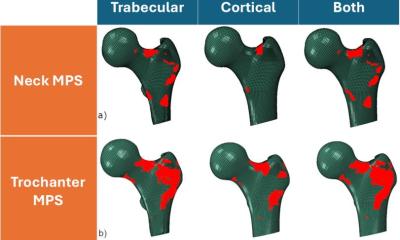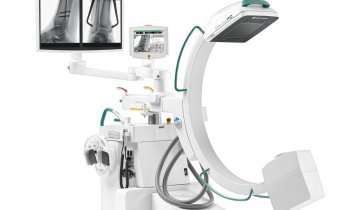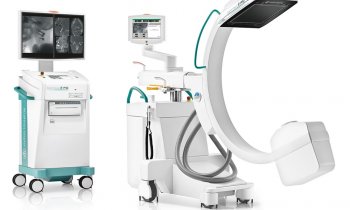Stabbings injure public healthcare
A study by the Trauma Audit Research Network (TARN) at the University of Manchester, UK, calculated the treatment costs of injuries caused by gun and knife crime paid by the National Health Service (NHS). The result is alarming: three million GBP a year.

Knifes are the most common weapons in violent crime in England and Wales.
Traumatic injuries from serious incidents such as road accidents and violent altercations are the biggest cause of death and disability in people aged less than 44 in the UK. Trauma is also the most costly 'disease', affecting mostly children and young people who are then in need of care and unable to work for many years and therefore cost society more than cancer and heart disease. Every year 10,000 mainly young people die as a result of injury with double the number severely disabled for life - the equivalent of two plane crashes every week.
The study by the Trauma Audit Research Network (TARN) at the University of Manchester concentrated at all penetrating trauma injuries that resulted in immediate admission to hospital for three or more days or death within 93 days. The conclude that stabbings accounted for almost three-quarters with an average cost to the NHS per victim of £7,196. Firearm injuries, accounting for nearly a fifth of cases studied, cost an average of £10,307 per patient, while penetrating injuries caused by vehicle collisions, only 2% of cases, cost the most at £16,185 per patient.
More than 90% of injuries were alleged assaults, and 47% of the patients were admitted to critical care. Overall hospital mortality rate was 8.3%, and the rate for stabbing was 7%. "Our findings indicate that the initial hospital costs associated with penetrating trauma are substantial, and vary to a considerable degree by patient, injury and treatment characteristics," said Fiona Lecky, research director at TARN.
At an average cost of £7,699 per penetrating injury from alleged assault and a total of 417 injuries per year requiring hospitalisation for at least three days, the total acute care cost of this type of injury alone may exceed £3.2 million annually.
"Considering the additional medical costs of rehabilitation and broader costs to society resulting from lost productivity, permanent disability, premature death and the pain and suffering of the victims and their families, there is a compelling argument for money to be better spent on prevention strategies that reduce violent incidents," Lecky said.
She added, that „public health initiatives that aim to reduce the incidence and severity of penetrating trauma are therefore likely to produce significant savings in acute trauma care costs.''
The study, funded by TARN and Novo Nordisk and carried out by Health Economist Steven Morris from the University of Brunel, looked at treatment costs for each patient based on initial hospitalisation. It included costs of transportation, hospital stay and all surgical procedures performed.
The research, based on TARN data from half (121) of all hospitals receiving trauma patients in England and Wales, was carried out between 1 January 2000 and 31 December 2005. The results show that there were 1,365 patients with penetrating trauma injuries, 91% of whom were male. The median age was 30 years. Although the cost of penetrating trauma by shooting ar higher than from stabbing, the most commonly used weapon in England and Walses is actually a knife.
"It should be borne in mind that most of the cost of trauma, especially stabbing, is not to the health service but in billions per annum to the taxpayer through legal costs, loss of productive tax-paying years in those that die or are severely disabled and in long-term care. Trauma is the most expensive, and neglected, 'disease' to society because it mainly affects young tax paying people.''
07.08.2008
More on the subject:








